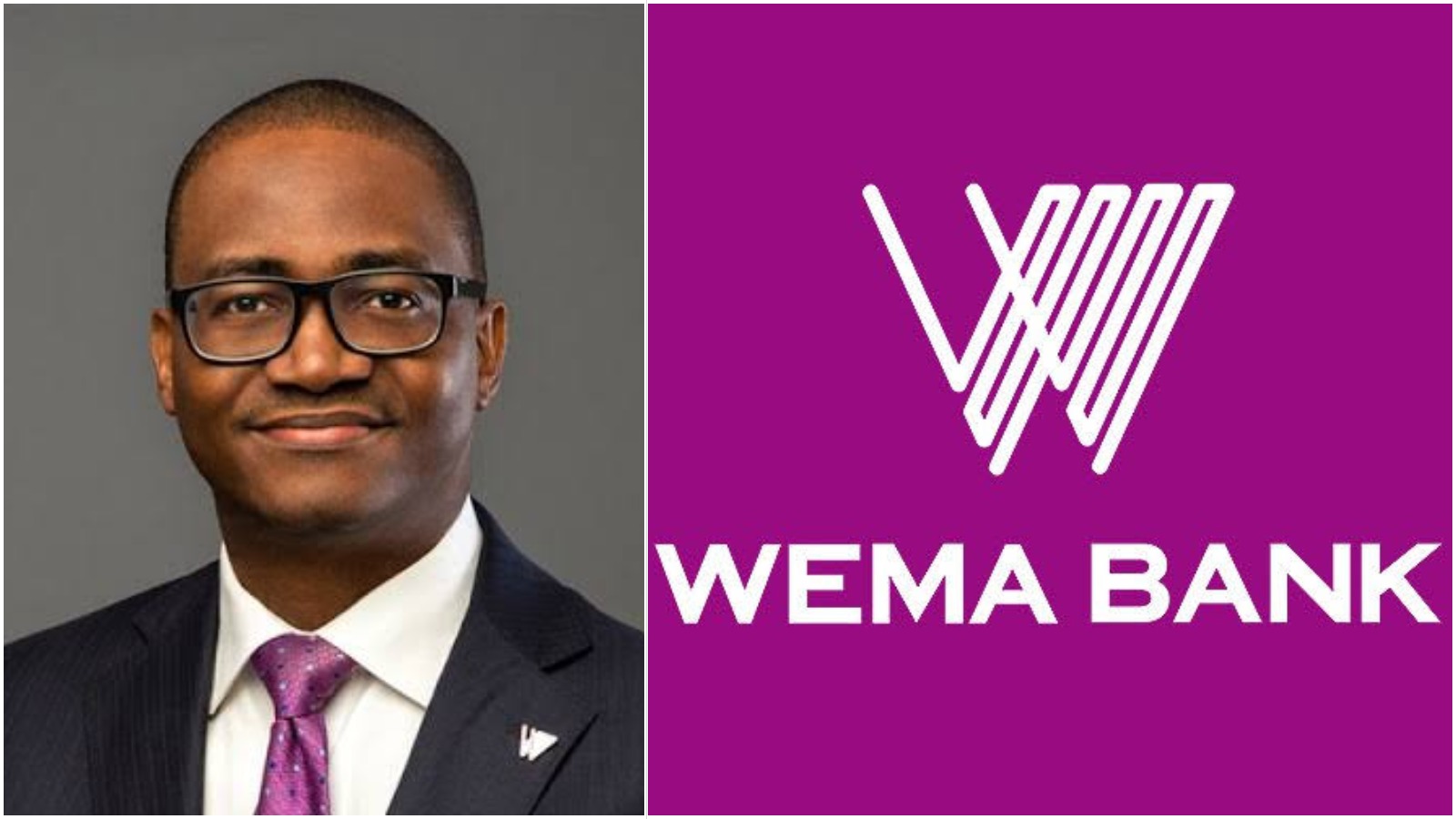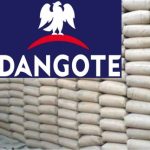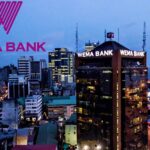Wema Bank PLC has announced its unaudited financial results for 2021 full-year (FY) ended December 31, recording 108.3 per cent growth in profit before tax (PBT) and total assets in excess of N1 trillion.
It’s resilience, Prime Business Africa reports, was on display as the bank anchors growth on digital operations and performance that showed strong growth in key financial indices.
Join our WhatsApp Channel“I am delighted to announce our performance for the year ended 31st December 2021. The Bank’s FY 2021 results shows robust growth in all key financial metrics despite the challenging macro-economic environment,” Managing Director, Mr. Ademola Adebise, said in a statement.
“Our year end numbers highlight the strong growth trajectory of the financial institution. We comfortably crossed the ₦1trillion mark in total assets, with a share of approximately 3% of industry deposits.”
The financial institution recorded an increase of 108.3 per cent in PBT, to close the year at N12.38 billion, a quantum leap driven by a year-on-year (yoy) growth of 15.35 per cent in gross earnings to ₦92.14billion in FY 2021 from ₦79.88billion in FY 2020.
“A key measure of success for us is a consistent growth in our balance sheet and customer base – and we are glad that we are reporting healthy growth in all these areas,’’ Mr. Tunde Mabawonku, the chief finance officer of Wema Bank said.
Deposit Liabilities grew by 15.23 per cent to ₦927.47billion in FY 2021, from ₦804.87billion in FY 2020 while Total Asset increased by 20.23 per cent to ₦1.164.52billion in FY 2021 from ₦968.58billion in FY 2020.
“Looking forward,’’ according to Mabawonku, ‘‘we expect that the strong growth will be sustained despite the tough business climate as we execute our customer experience improvement initiatives built around a digital first banking strategy and become first in class in that sphere.
‘‘The bank will also continue to focus on our digital business, which is a key boost for customer acquisition, consumer lending and transaction volumes while not neglecting our corporate and commercial play. On our commercial business, we will continue our aggressive strategy to improve our lending business alongside trade and other revenue lines. We have also unveiled our new Mission and Vision statements which underpins our corporate strategy. We want to be the dominant digital platform in Africa delivering seamless financial services.”
SUMMARY:
Income Statement
Wema Bank’s Gross earnings increased by 15.35 percent (yoy) to ₦92.14billion in FY 2021 from ₦79.88billion in FY 2020.
- Profit Before Tax (PBT) of ₦12.3billion in FY’21, an increase of 108.26% YoY from N5.95billion in FY’20 while Profit After Tax (PAT) of ₦8.93billion in FY’21, an increase of 94.53% YoY from N4.59billion in FY’20.
- Net-Interest Income grew to ₦39.87billion in FY 2021from ₦30.86billion in FY 2020; growth of 29.22%.
- Non-Interest Income also increased from ₦16.83billion in FY 2021 to ₦18.83billion; a growth of 11.91%.
Statement of Financial Position
- Deposit Liabilities up by 15.23% to ₦927.47billion in FY 2021 from ₦804.87billion in FY 2020.
- Loans and Advances to Customers rose by 16.33% to ₦418.86billion in FY 2021 from ₦360.08billion in FY 2020.
- Total Asset increased by 20.23% to ₦1.164.52billion in FY 2021 from ₦968.58billion in FY 2020.
Key Ratios
- Return on average equity of 17.26% in FY 2021 (FY 2020; 14.31%)
- Return on average assets of 1.16% in FY 2021 (FY 2020; 0.85%)
- Non-performing loan ratio of 4.88% in FY’21 from 4.45% in FY’20
- Capital adequacy ratio of 15.46% in FY’21 from 12.35% in FY’20
The bank says its operational achievements include: Fitch’s re-affirmation of its National Long-term rating at (BBB) as well as GCR and Agusto’s reaffirmation of same at BBB-.
















Follow Us